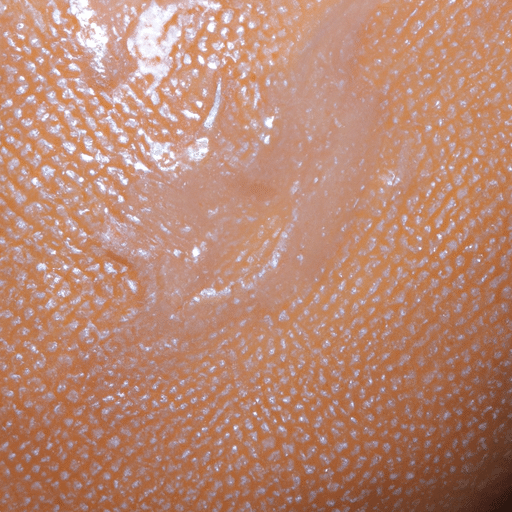As a medical professional, I have encountered numerous patients who struggle with oily skin. This condition is not only a cosmetic concern but can also lead to various skin problems such as acne, blackheads, and enlarged pores. Unmasking the gloss of oily skin involves understanding its causes, learning how to diagnose it, and exploring effective treatment options.
Oily skin is primarily caused by overactive sebaceous glands that produce an excess of sebum, a natural skin oil that helps protect and hydrate the skin. Several factors can trigger this overproduction, including hormonal changes, stress, diet, and climate. Genetics also play a significant role in determining your skin type.
Diagnosing oily skin is typically straightforward. The telltale signs include a shiny or greasy appearance, large or noticeable pores, and a thick or rough-looking skin texture. You may also notice that makeup doesn’t stay on and tends to “slide off” your face. In some cases, oily skin can lead to frequent breakouts of acne or the development of blackheads.
As a doctor, I recommend a comprehensive approach to treating oily skin that includes lifestyle changes, skincare routines, and in some cases, medical treatments.
Firstly, lifestyle modifications can significantly impact the condition of your skin. A balanced diet rich in fruits, vegetables, lean proteins, and whole grains can help regulate sebum production. Limiting intake of processed foods and sugars is also beneficial. Regular exercise can help control hormone levels that may contribute to oily skin. Additionally, managing stress through mindfulness techniques or yoga can help balance hormone levels.
Next, establishing a consistent skincare routine is crucial. Washing your face twice daily with a gentle, oil-free cleanser can help remove excess oil without stripping your skin of its natural moisture. Using a toner can help tighten pores and balance skin pH levels. Exfoliating once or twice a week can also help remove dead skin cells that can clog pores. Always opt for non-comedogenic products that won’t clog pores. Despite the common misconception, it’s essential to moisturize even if you have oily skin. Choose a lightweight, oil-free moisturizer to keep your skin hydrated without adding extra oil.
In some cases, medical treatments may be necessary. Topical retinoids can help reduce oil production and unclog pores. Oral medications, such as hormonal birth control or isotretinoin, may also be used in severe cases. However, these treatments should only be used under the supervision of a dermatologist due to their potential side effects.
Lastly, it’s important to remember that everyone’s skin is unique. What works for one person may not work for another. Therefore, it’s crucial to consult with a dermatologist or a skincare professional who can guide you in developing a personalized treatment plan.
In conclusion, while oily skin can be challenging to manage, understanding its causes and implementing a comprehensive treatment approach can significantly improve its condition. Remember, the goal is not to eliminate oil entirely but to achieve a healthy balance that leaves your skin looking and feeling its best.
Unmasking the Gloss: A Comprehensive Guide to Diagnosing and Treating Oily Skin



